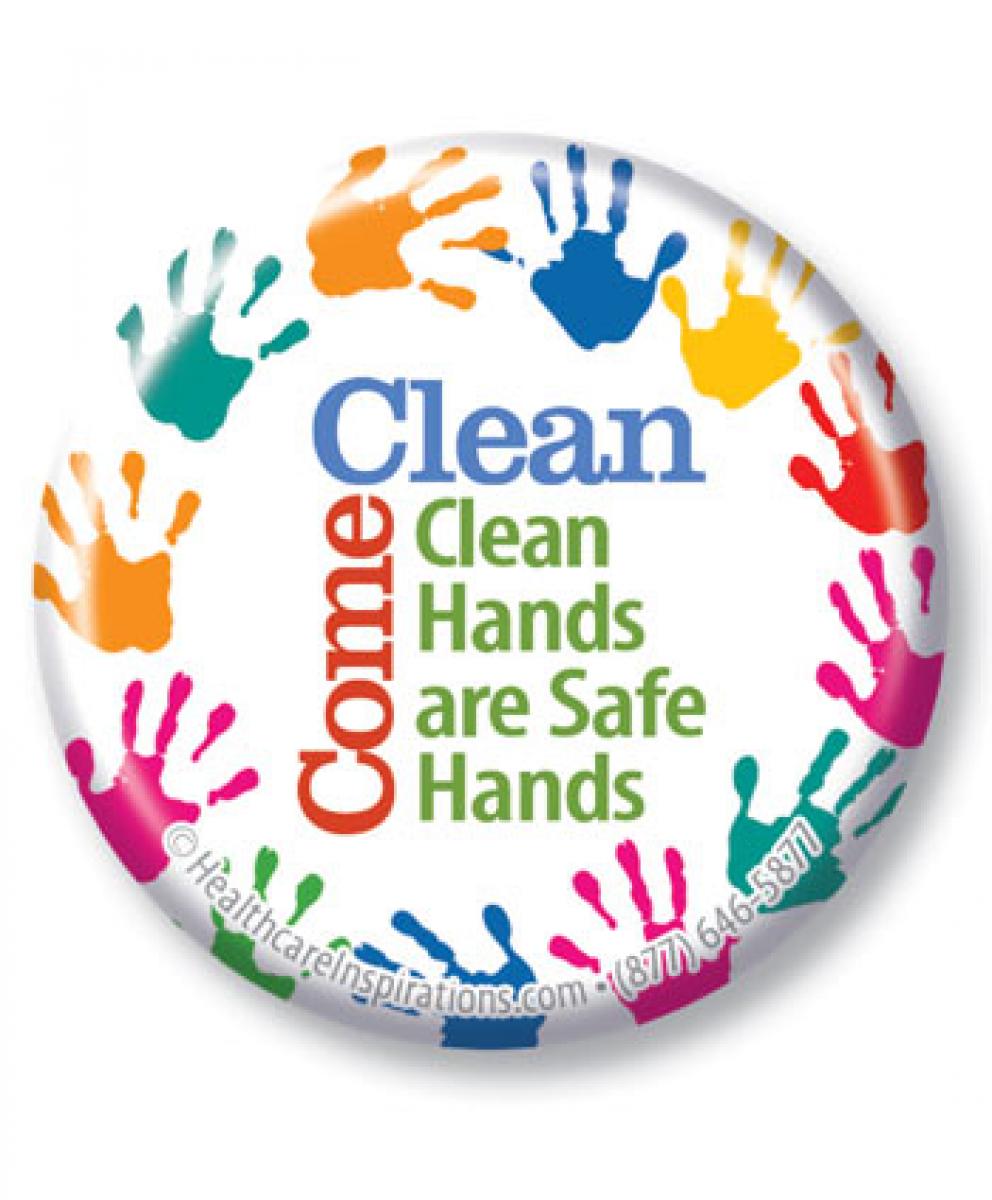Live
- Mpower’s survey on edu loans
- IIP growth falls to 3.5% in Oct
- Easing food prices lower retail inflation to 5.48% in November
- Space allocation for packaging units at MSME parks on anvil
- Maha Kumbh: Yogi reviews preparations
- Gadkari on accidents: I try to hide my face in meetings abroad
- Abetment of suicide: Mere harassment not sufficient to find accused guilty says SC
- 6.79L homes to receive water under Amrut-II
- Cops prohibit assembly of 5 or more near Group-II exam centres
- Avanthi, Grandhi quit YSRCP, lash out at Jagan
Just In

Hand hygiene is an important measure to prevent and control infectious diseases.
 Hand hygiene is an important measure to prevent and control infectious diseases. The medical community is witnessing in tandem unprecedented advancements in the understanding of pathophysiology of infectious diseases and the global spread of multi-drug resistant infections in health care set-ups.
Hand hygiene is an important measure to prevent and control infectious diseases. The medical community is witnessing in tandem unprecedented advancements in the understanding of pathophysiology of infectious diseases and the global spread of multi-drug resistant infections in health care set-ups.
These factors, compounded by the paucity of availability of new antimicrobials have necessitated a re-look into the role of basic practices of infection prevention in modern day health care.
Dr MadhusudanJaju, Intensivist, Care Hospital, Nampally, Hyderabad says, “A third of Hospital Acquired Infections (HAI) might be prevented with appropriate infection control measures.”
There are several factors predisposing a patient to HAI and one amongst them is poor hand hygiene, which is responsible for 40 per cent of infections transmitted in hospitals. There is now undisputed evidence that strict adherence to hand hygiene reduces the risk of cross-transmission of infections.
In the wake of the growing burden of health care associated infections (HCAIs), the increasing severity of illness and complexity of treatment, superimposed by multi-drug resistant (MDR) pathogen infections, health care practitioners (HCPs) are reversing back to the basics of infection preventions by simple measures like hand hygiene.
This is because enough scientific evidence supports the observation that if properly implemented, hand hygiene alone can significantly reduce the risk of cross-transmission of infection in healthcare facilities (HCFs).
Dr YS N Raju, HOD- Medicine, NIZAM Institute remarks, “Hand washing should become an educational priority. Educational interventions for medical students should provide clear evidence that most effective means of decontaminating hands and thereby reducing the rates of HAIs.
Increasing the emphasis on infection control, giving the charge of infection control to senior organizational members, changing the paradigm of surveillance to continuous monitoring and effective data feedback are some of the important measures which need to be initiated in Indian hospitals.”
In India, although hand hygiene is imbibed as a custom and promoted at school and community levels to reduce the burden of diarrhoea, there is a paucity of information on activities to promote hand hygiene in HCFs.
Dr Madhusudan adds, “Usually people wash their hands in a hurry, they don’t even know all 11 steps they have to do to ensure that their hands are safe.” Hand hygiene concepts have much evolved over the past two decades. An increase in hand hygiene adherence of only 20 per cent results in a 40 per cent reduction in the rate of health care associated infections.
Infectious diseases can be spread from one person to another by contaminated hands, particularly gastrointestinal infections, influenza and hepatitis A. Washing hands properly can help prevent the spread of the organisms that cause these diseases.

© 2024 Hyderabad Media House Limited/The Hans India. All rights reserved. Powered by hocalwire.com







